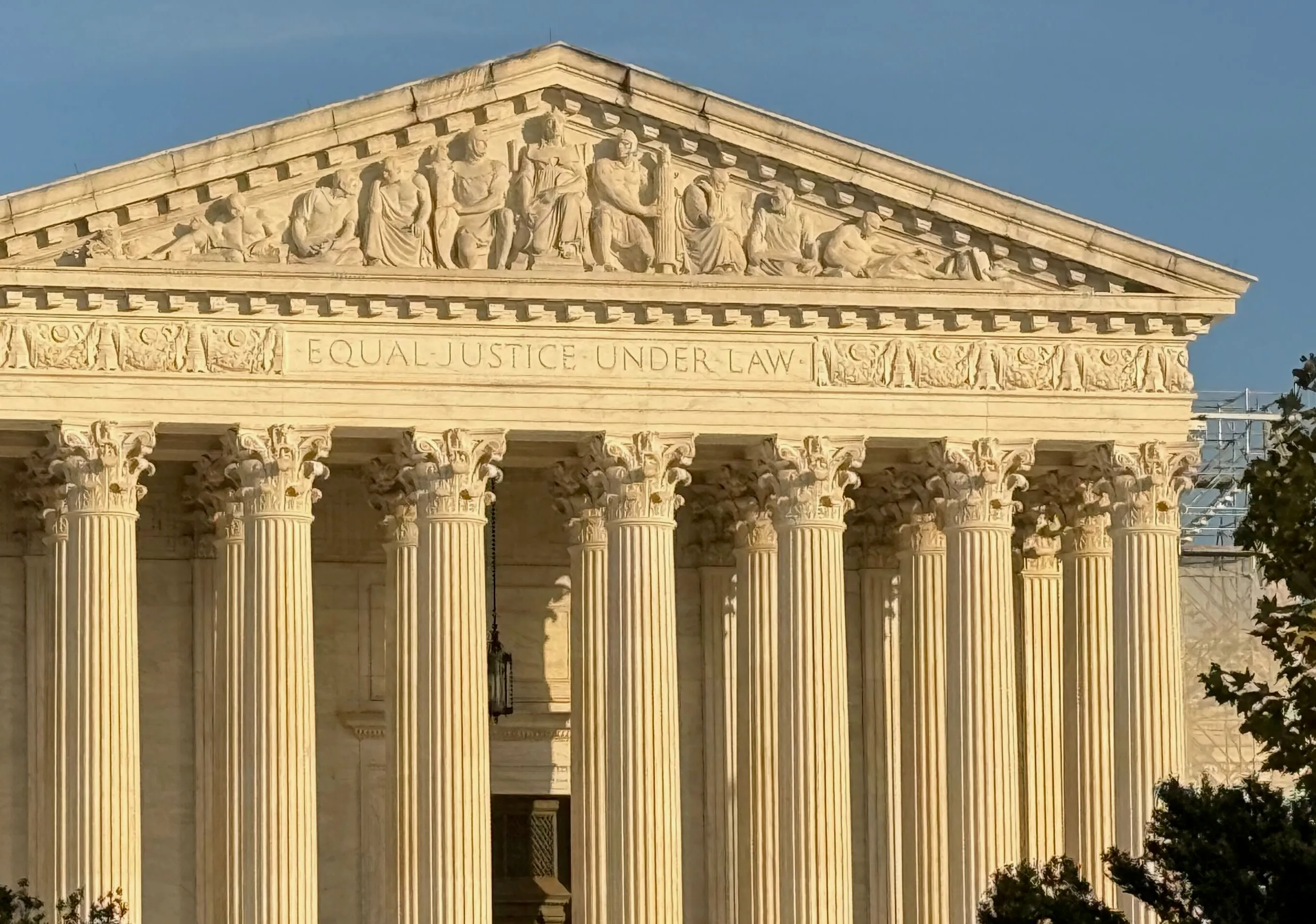The quiet radicalism of Justice Souter


This article is part of a series on the legacy and jurisprudence of the late Justice David Souter.
Charles Barzun is a Professor of Law at the University of Virginia, where he teaches Constitutional Law, Evidence, Jurisprudence, and Torts. He is currently working on a book on the American common law tradition.
I met Justice Souter only once, in the summer of 2019. He agreed to meet with me to discuss the ideas in a law review article I had written about his judicial philosophy. When I arrived to meet him for lunch at a restaurant in Concord, N.H., he was already there, waiting for me. It turned out we were the restaurant’s only customers that afternoon. Our conversation lasted about two and a half hours, touching on everything from Souter’s time as a New Hampshire trial judge to the philosophy of Oliver Wendell Holmes, Jr.
In the obituaries following his death on May 8, Souter has been described as a temperamentally moderate, “common law” judge. Although appointed by a Republican president, he famously frustrated conservatives and was also criticized by liberals for practicing a “defensive-crouch” approach to constitutional interpretation. No doubt his quiet and unassuming personal manner only further confirmed his reputation for caution and moderation.
That description is not wrong. But it is incomplete. For there was a lurking radicalism in Souter’s brand of common law judicial philosophy. I do not mean radical in the political sense, but rather in a deeper, jurisprudential sense. Souter recognized more openly than many judges today the way in which legal reasoning and often-changing social values are dependent on one another.
One can catch a glimpse of this aspect of Souter’s philosophy in some of his most famous opinions. In these opinions, Souter broke free of some of the conventional norms governing Supreme Court argument, often adopting the voice less of a judge than that of a historian or sociologist. Consider a few examples:
In his 1997 opinion for the court in Old Chief v. United States interpreting the Federal Rules of Evidence, Souter offered an expansive view of what counts as “relevant” evidence at trial. “A syllogism is not a story,” he observed, so prosecutors are permitted to introduce facts that establish the “human significance” of the facts of the crime. Some evidence-law scholars accused Souter of licensing the introduction of prejudicial evidence, pure and simple.
In his long dissent in Seminole Tribe of Florida v. Florida, Souter took a similarly broad view of relevance when it came to traditional legal reasoning. So much so, in fact, that Chief Justice William Rehnquist, writing for the majority, chastised Souter for doing a “disservice to the Court’s traditional method of adjudication.” The chief was referring to Souter’s argument that an 1890 Supreme Court decision lacked precedential authority because what had really explained its holding that Louisiana was immune from suit was the court’s inability to enforce its own judgments in the post-Reconstruction South, not the legal reasons the court had offered in its written opinion.
Finally, in the most controversial opinion he helped author, Planned Parenthood v. Casey, which upheld “the central holding” of Roe v. Wade, Souter authored the part of the decision that explained why Plessy v. Ferguson (upholding segregation) had been properly overruled but why Roe should not be. Souter contended that while societal understandings of race had shifted dramatically between Plessy and Brown, no comparable transformation had occurred regarding the facts surrounding abortion since Roe.
Although these cases span different areas of the law, they are all united by a common thread. Souter was convinced that when we reason through hard legal questions (whether as lawyers, judges, or citizens), our assessment of the relevant facts and legal principles reflects our values, and our values reflect the society in which we live. On this view, social change, moral values, and legal reasoning all interact with one another.
That view does not entail moral relativism since not every societal shift reflects a gain in understanding. But it does mean that law admits of no absolutes because everything is potentially revisable in light of future experience. As Souter once put it in a commencement speech, there are “no resolutions immune to rethinking when the significance of old facts may have changed in the changing world.”
At a time when most current Supreme Court justices, and many federal appellate judges, profess fidelity to originalism, such frank acknowledgement of the constitutional consequences of societal change by members of the federal judiciary is increasingly rare (though it has not disappeared completely). When the court made its momentous decision to overrule Roe in Dobbs v. Jackon Women’s Health Organization, it did not do so on the ground that our understanding of the facts had changed. It held that Roe had always been wrong.
I must admit, I find it hard not to hunger for absolutes these days, when the Constitution seems to be undergoing a 24/7 stress test. But it is during precisely such times that the recognition of our dependence on societal understandings is so important. For liberty only lasts as long as people want it and know how to hold onto it. That’s why it was in the context of a discussion in 2012 on the failings of civic education that Souter made a comment that would later seem so prescient: “The day will come when somebody will come forward and we and the government will in effect say ‘take the ball and run with it,’ ‘do what you have to do.’ That is the way democracy dies.”
As we were leaving lunch that day (after telling me that he had enjoyed my “interrogation”), I asked the justice if we might persuade him to come down to Charlottesville to give a talk at the law school sometime. He said that was doubtful because he did not travel much. But then he added, with a wry smile, “But there are no absolutes.”
Posted in Tributes to Justice David Souter